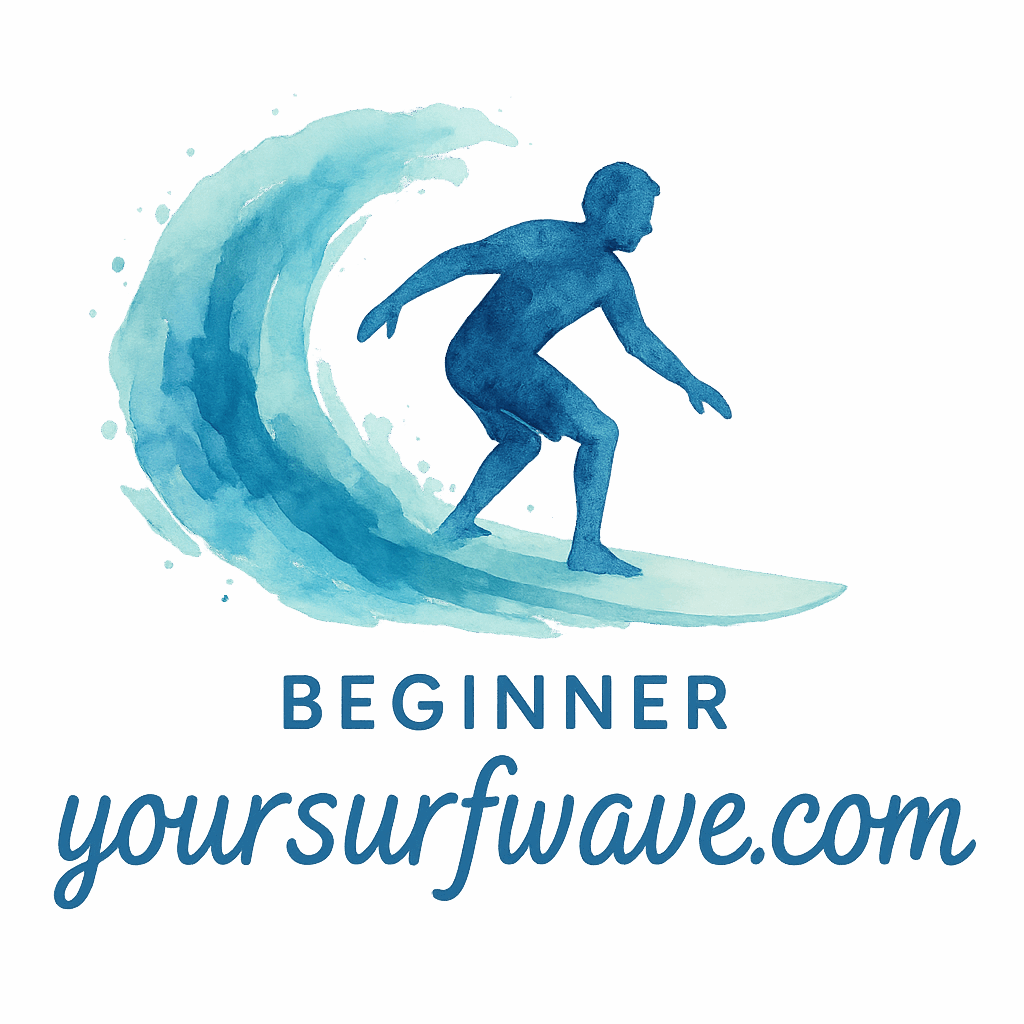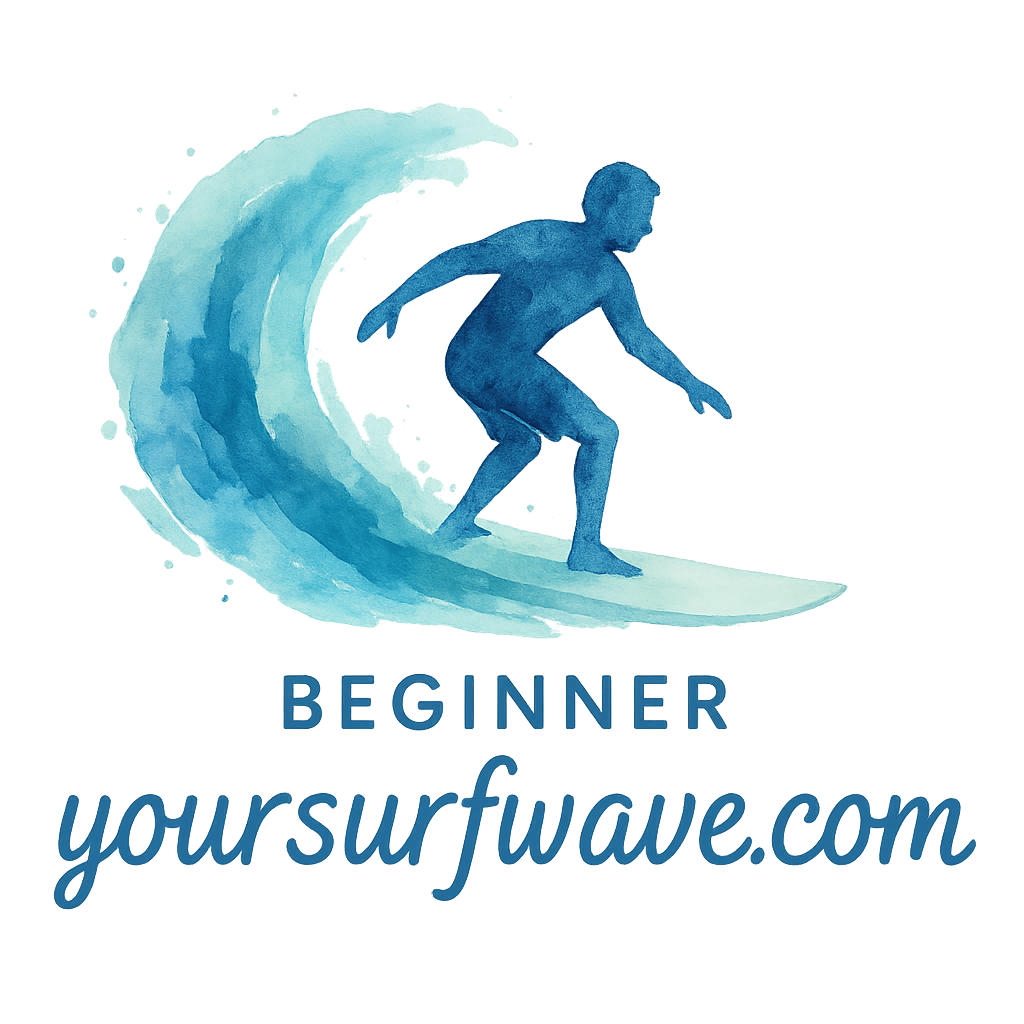Surfing isn’t just about paddling hard and catching waves — it’s about mastering your balance. If you’ve ever felt wobbly or unstable on your board, you’re not alone. The secret sauce to staying upright? Balance training. Let’s dive into the best balance tools that can seriously up your surf game — even when you’re miles away from the beach.
Why Balance Is Crucial for Surfing
Imagine standing on a slippery log while it moves beneath your feet — that’s basically surfing. Balance is the glue holding everything together. Whether you’re duck diving, popping up, or riding a wave, a solid center of gravity is your best friend.
How Balance Tools Improve Your Surfing Game
So, why even bother with balance tools? Here’s the deal:
Building Core Strength
Surfing starts in your core. These tools target deep stabilizing muscles that help you stay upright and move smoothly on your board.
Enhancing Coordination
When your body learns how to react instinctively to sudden shifts, you surf smarter and with more confidence.
Injury Prevention
The better your balance, the less likely you are to take a tumble — both on land and in water.
To dig into surf-specific fitness routines, check out our comprehensive guide.
Top 11 Balance Tools for Surfers
Let’s break down the best gear to help you train like a wave-riding ninja.
1. Balance Boards
These are probably the most popular tools for surfers. They replicate the motion of the ocean and force you to engage your core 100% of the time.
Indo Board
The Indo Board is a staple in any surf home gym. It’s perfect for mimicking the surf stance and can be used for pop-up drills too.
Revolution FIT Balance Board
A bit sleeker and modern, the Revolution FIT offers a smoother ride and works great for core workouts.
Explore more surf gear essentials here.
2. Bosu Ball
Half-ball, half-platform — all core burn. The Bosu Ball is killer for squats, planks, and pushups with a balance twist.
It’s especially effective in surf-specific drills, like simulating the stance change from paddling to standing.
3. Stability Discs
These small, portable discs are budget-friendly and excellent for beginners. Try standing on one while brushing your teeth — no joke, it works!
Great for those just starting their beginner surf journey.

4. Wobble Boards
A wobble board offers 360-degree tilt. It’s slightly more advanced than a stability disc and helps challenge both your brain and body.
Find more gear like this in our beginner surfboard reviews section.
5. Slacklines
Think tightrope walking — except with a little bounce. Slacklining is fun and develops micro-muscle awareness like nothing else.
Add it to your home workout routine for a unique challenge.
6. Yoga Mats
You’d be surprised how much better your balance gets through consistent yoga practice. A grippy mat is a must.
Explore the surf lifestyle benefits that include mind-body practices like yoga.
7. Foam Rollers
These aren’t just for recovery. Use them for balance planks and hip stability drills.
They also help ease soreness so you can get back on your board faster.
8. Resistance Bands
Bands build both strength and stability. Incorporate them into leg lifts or plank work for a solid lower body foundation.
Check out our tips on surfing wellness for more training ideas.
9. Mini Trampolines
Rebounding improves ankle strength and reaction time — both vital for surfers. Plus, it’s a blast!
This is especially useful for beginners working on surf basics.
10. Surf Skates
Nothing beats a surf skate when it comes to street training. They teach carving, compression, and weight shifts just like real surfing.
Find top picks in our surfboard review section.
11. Swiss Balls
A classic gym tool. Perform seated exercises or planks to boost balance and posture.
Add it to your indoor surf circuit — more on that over at our indoor exercise section.
How to Use Balance Tools in Surf Training
Home Workouts with Balance Gear
Don’t have time for the beach? No sweat. You can totally improve your skills with a few tools in your living room.
Creating a Surf-Focused Routine
Focus on compound movements like squats, lunges, and pop-up drills — all while balancing on a board or disc.
Browse full routines in our surf fitness library.
Combining Tools for Maximum Impact
Use a resistance band on a Bosu Ball. Do pushups with your hands on a wobble board. Mix it up to keep things fresh and challenging.
Choosing the Right Tool for Your Skill Level
Beginners
Start simple: stability discs, foam rollers, and yoga mats. Then graduate to wobble boards and Bosu Balls.
See more beginner surfing tips.
Intermediate Surfers
Now you’re ready for balance boards, resistance bands, and foam roller circuits.
Advanced Riders
Slacklines, surf skates, and compound training on unstable surfaces are your jam.
Get inspired by top surf destinations for your next adventure.
The Mental Health Benefits of Balance Training
Balance training isn’t just physical — it’s mental. Staying upright under pressure requires calm, focus, and breathing.
It’s a form of surfing therapy that builds confidence and emotional control.
Common Mistakes and How to Avoid Them
- Skipping the basics: Don’t jump on a slackline before mastering a balance disc.
- Going too fast: Balance is about control, not speed.
- Neglecting recovery: Overtraining leads to burnout. Mix in recovery days with foam rolling and yoga.
Final Tips to Stay Consistent
- Keep your tools visible at home as a reminder.
- Join a surf fitness group or track progress with a journal.
- Celebrate small wins like longer balance holds or cleaner pop-ups.
Conclusion
Improving your surf skills doesn’t require perfect waves or a flight to Bali. With the right balance tools and a little dedication, you can train your mind and body from anywhere — even your living room floor. Mastering balance is mastering surfing. So why not start today?
And remember — every wave starts with balance.
FAQs
1. What’s the best balance tool for a beginner surfer?
Start with a stability disc or yoga mat. They’re forgiving and help you build a solid foundation.
2. Can balance tools really make a difference in my surfing?
Absolutely! Regular use can improve core strength, reaction time, and even mental focus.
3. How often should I train with balance tools?
Aim for 3–5 sessions a week. Mix it into your current routine or do quick 15-minute drills.
4. Are there tools I can use indoors with limited space?
Yes — resistance bands, foam rollers, and balance discs are all compact and super effective.
5. Can I use these tools even if I don’t surf regularly?
Yes! They’re great for general fitness and make you stronger overall.
6. What tool mimics surfing the most?
Surf skates and balance boards like the Indo Board are closest to the real feel of surfing.
7. Where can I learn more about surf training and fitness?
Head over to YourSurfWave’s surf fitness section for detailed guides and routines.


